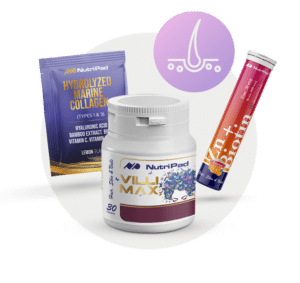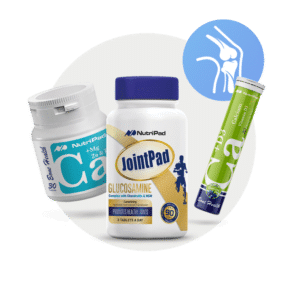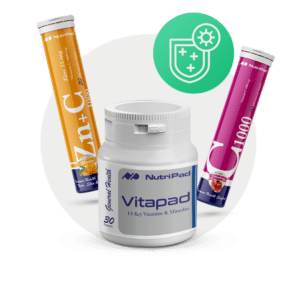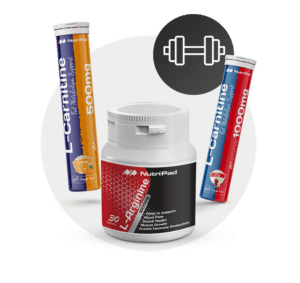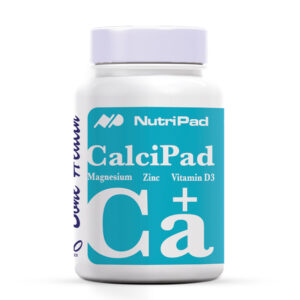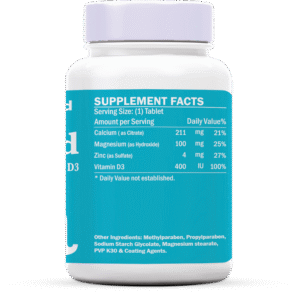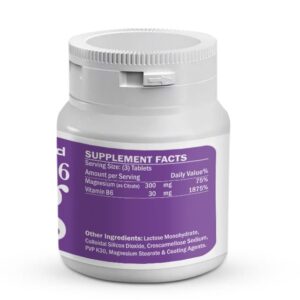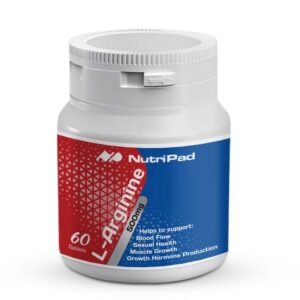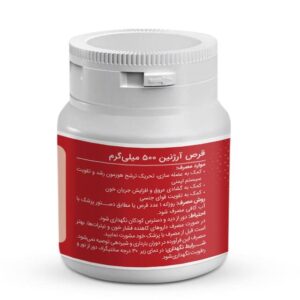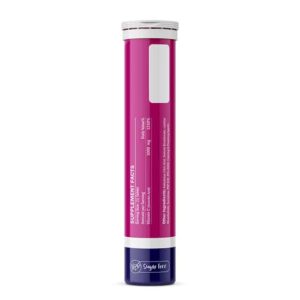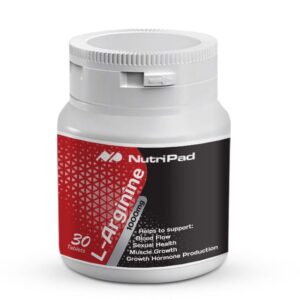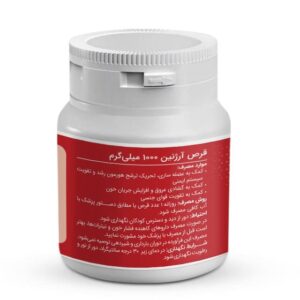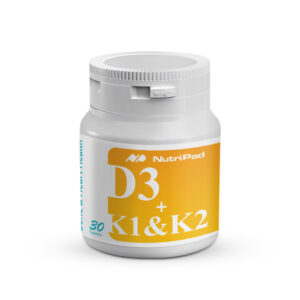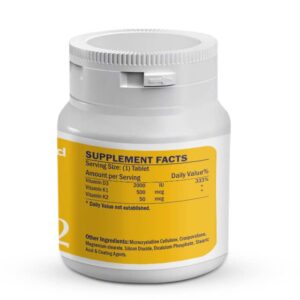The most important tips about allergies
What is allergy and what are its symptoms?
Allergy is a reaction of your immune system to a foreign protein. Seasonal allergies are an annoying but normal reaction that can affect your quality of life. Allergy symptoms include runny and stuffy nose, itchy throat, sneezing and coughing, difficulty breathing, itchy and watery eyes, hives and pruritus (itchy skin) and headache.
Allergy symptoms tend to be more common at certain times of the year when trees, plants, and weeds release tiny particles of pollen into the air to fertilize other plants, but each season has its own allergens.
What substances could cause allergic reactions?
The most common substances that could cause allergic reactions include pollens, grass, feathers, wool, mushrooms, some foods such as peanuts, soybeans, eggs, saffron, strawberries, as well as some insects and cockroaches.
Some medications, such as antibiotics, may also cause allergic reactions.
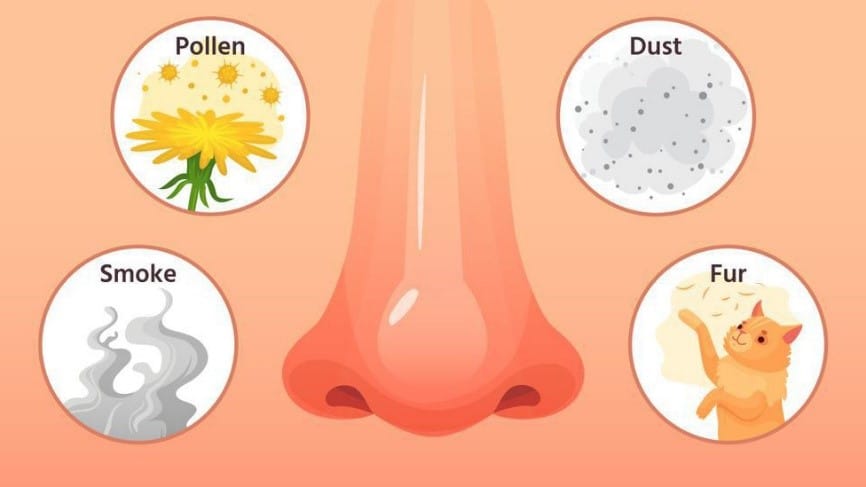
How can we prevent allergic reactions?
The best way to prevent allergies is to identify specific allergens for each person and avoid them.
– If you are allergic to animals, avoid petting, hugging or kissing animals. Don’t let them in your bedroom or on your furniture.
– Regular vacuuming of carpets, and other surfaces helps remove dust, animal dander, pollen, and other allergens.
– Avoid spreading your clothes in the open air to dry. Plant pollen and other allergenic substances stick to your clothes and cause allergic reactions when you use them.
– During the allergy season, try to diminish your outdoor activities and use indoor spaces for exercise as much as possible. In this season keep the windows closed.
– Change your clothes every time after entering the house so that you are exposed to allergens as little as possible. Shower every night before going to bed to clean your skin and hair from the plant pollen.
– Wash your bedding in hot soapy water at least once a week. Your pillows and bedding should not contain animal feathers or wool.
– It is very important to avoid cigarette smoke, which can aggravate allergy symptoms. Notice that alcohol consumption also plays a role in aggravating allergic reactions.
– Make sure you have enough vitamin D levels in your body. Vitamin D is an important regulator of immune system and plays a role in modulating allergic reactions. Fish consumption could alleviate and prevent allergic reactions by providing vitamin D and also by providing omega-3 fatty acids that have anti-inflammatory effects.
– Vitamin C is among other vitamins that play a role in improving allergic reactions. Fruits and vegetables and nutritional supplements containing vitamin C are effective in improving allergic reactions. Most people can take up to 2000 mg of vitamin C per day without side effects.
Nasal irrigation as a home remedy for allergies
Rinsing your nasal passages with saline (nasal irrigation) is a quick and effective way to relieve nasal congestion. Rinsing flushes out mucus and allergens from your nose. Saline irrigation solutions can be purchased ready-made or as kits to add to water. You can also use a homemade solution.
Homemade solutions should contain 1 liter of water, 1.5 teaspoons (7.5 ml) of salt, and 1 teaspoon (5 ml) of baking soda.
Drug treatments for allergies
– In case of failure of preventive measures in prophylaxis of allergic problems, you can use antihistamines such as cetirizine, loratadine or fexofenadine to help control allergy symptoms. It is better to start taking these medications several weeks before the allergy season.
Nasal sprays and solutions designed to relieve itching and congestion can also help. These products contain decongestant substances and are only a short-term solution to relieve nasal stuffiness and swelling of the respiratory tract.
– Finally, nasal corticosteroid sprays such as mometasone and fluticasone are usually the most effective drugs in reducing inflammation and allergy-related symptoms.
Note that you should consult your doctor before using the above medication.
It should be emphasized that some herbal and alternative medicine treatments have been used to treat allergy symptoms. According to current studies, there is not enough scientific evidence to support the safety and efficacy of these treatments. Seek medical advice before trying such treatments.



